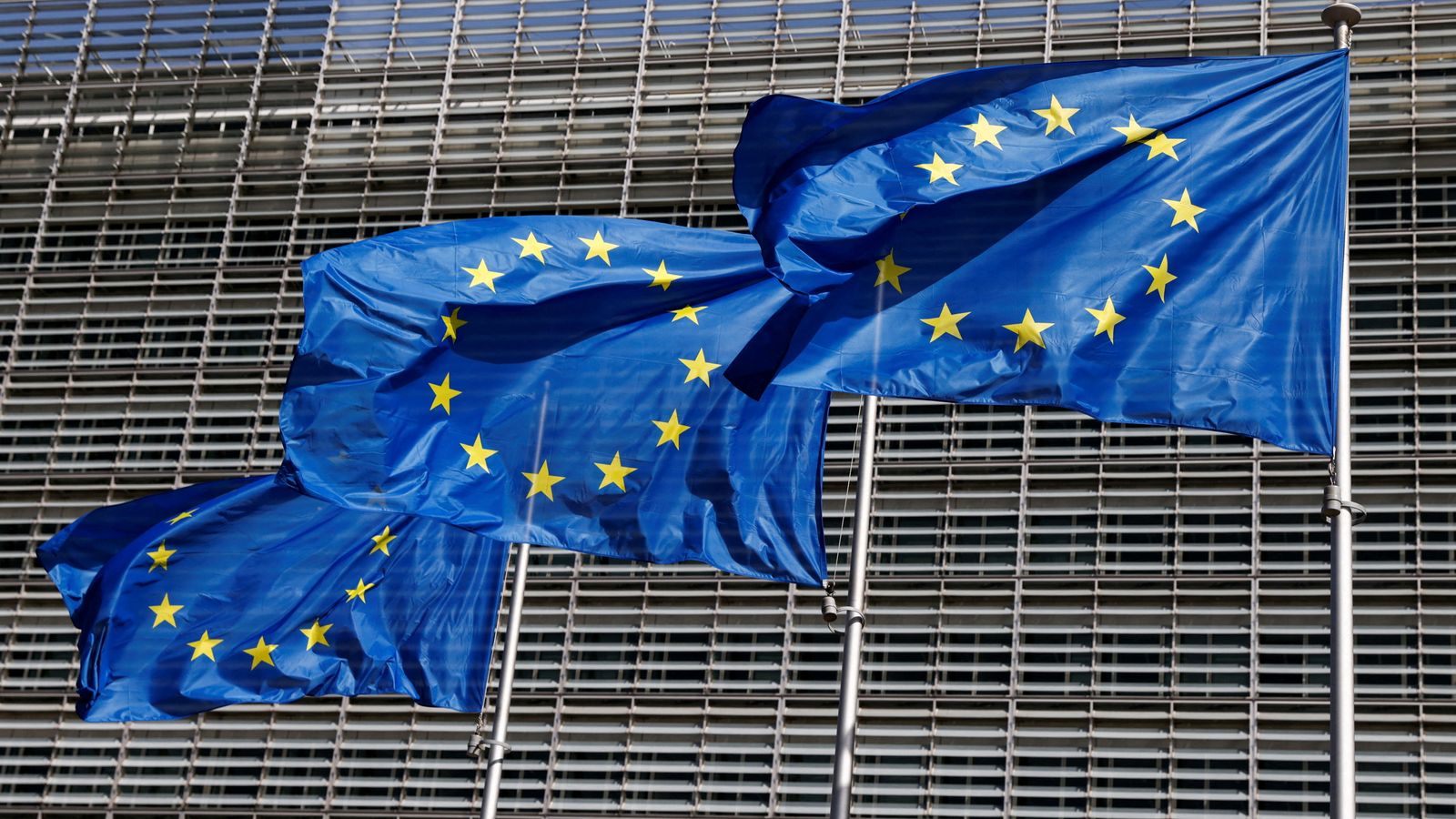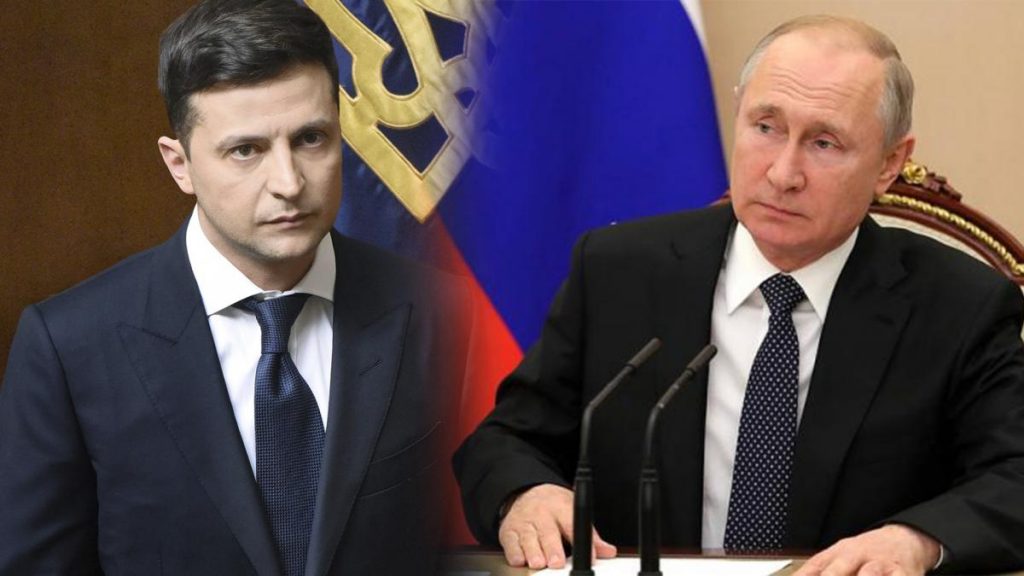Alarabiya
The government said the “deeply regrettable” strike would result in fewer ambulances on the road, with only the most urgent life-threatening cases such as heart attacks prioritized.
Health and Social Care Secretary Steve Barclay said the public should “just use their common sense,” adding that the action came when the National Health Service (NHS) was “already facing very significant pressure” from cases of flu and COVID-19.
“That’s the point at which the trade unions have chosen to take industrial action and in doing so they haven’t been willing to work with us to agree national exemptions in terms of covering all of the category one, category two, life threatening, and emergency calls,” he told the BBC.
Christina McAnea, general secretary of Unison, said she was shocked by Barclay’s comments given that detailed contingency plans had been agreed in local areas.
“This implication that somehow we’ve been negligent is really quite shocking,” she told Reuters on a picket line in the capital. “(It’s) scaremongering across the public.”
She said health workers, including ambulance crews, were “leaving in droves” because services had been run down.
“That puts additional pressure on those staff who are left behind,” she said, adding that health authorities were struggling to recruit and retain workers.
Tim Stephens, a 44-year-old paramedic, said the pressure on all ambulance staff was “absolutely unprecedented.”



Connect with us on our socials: